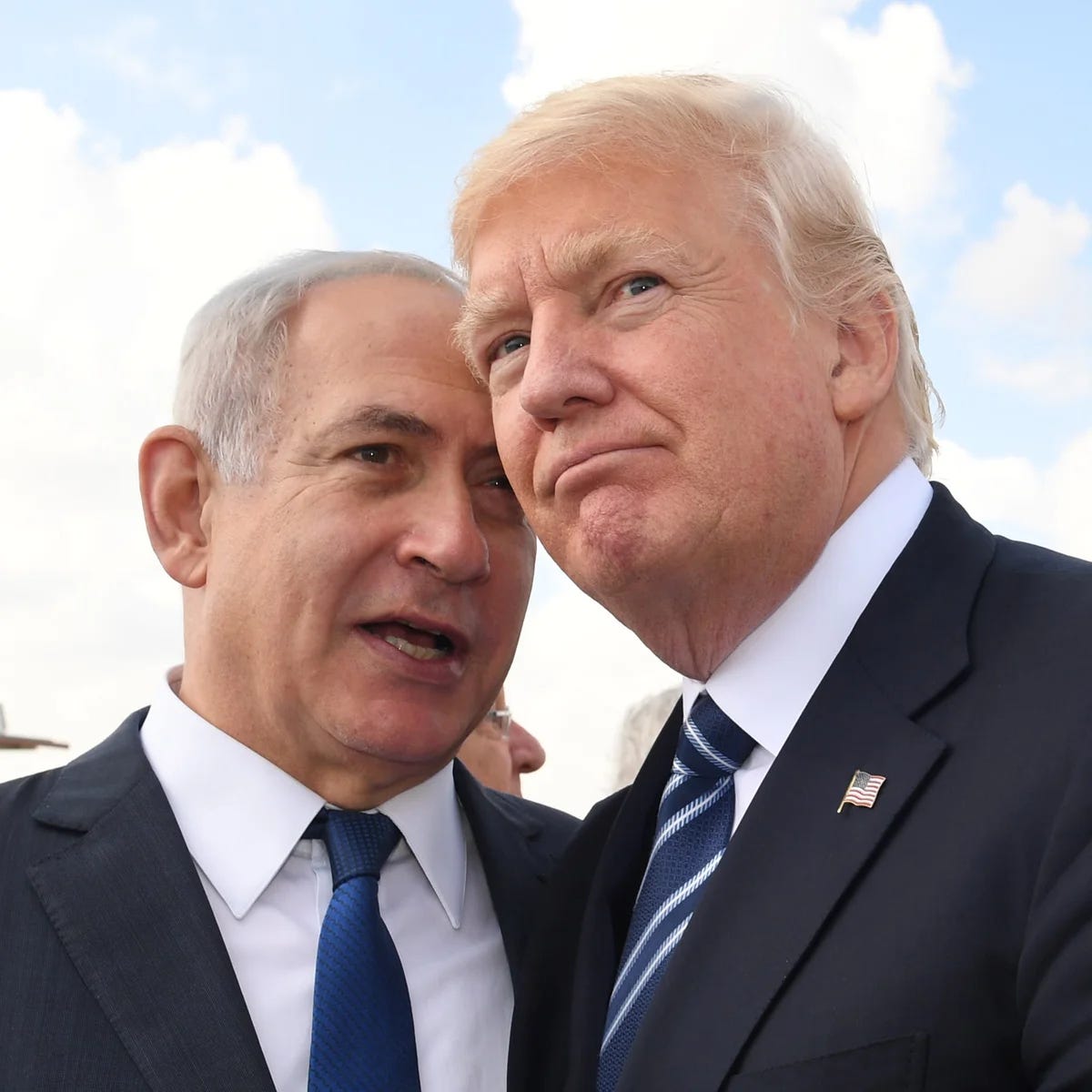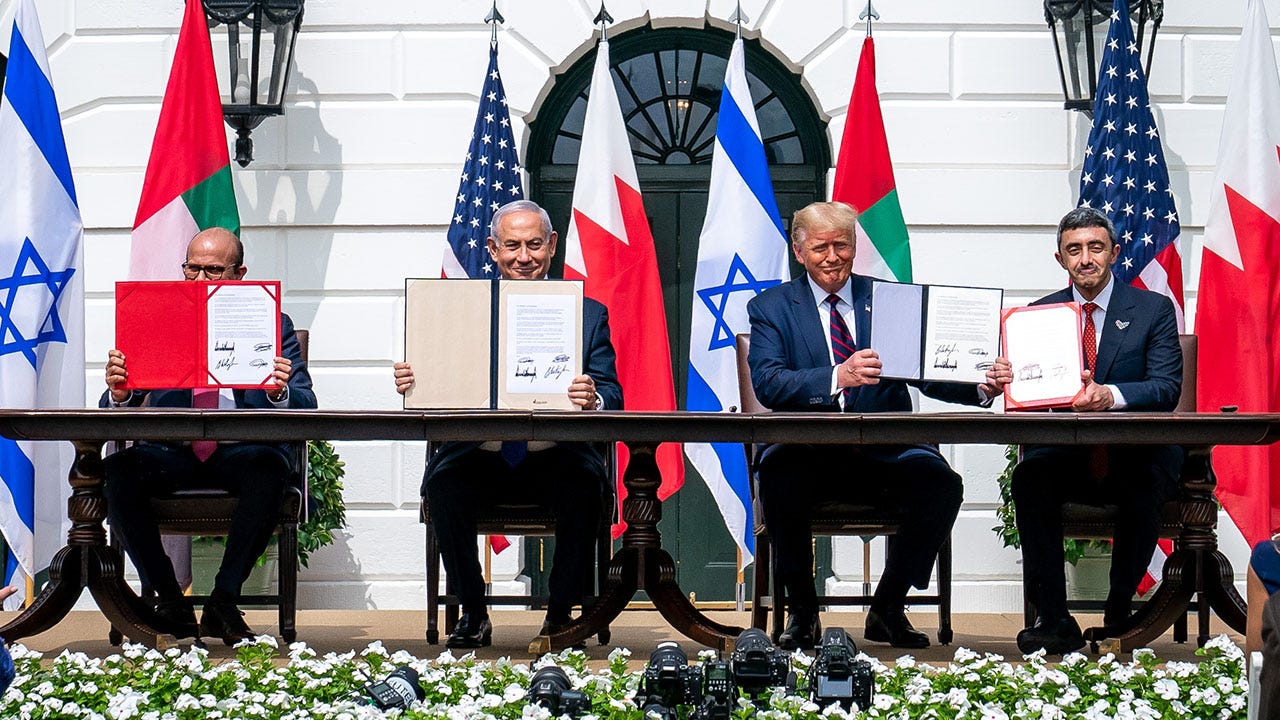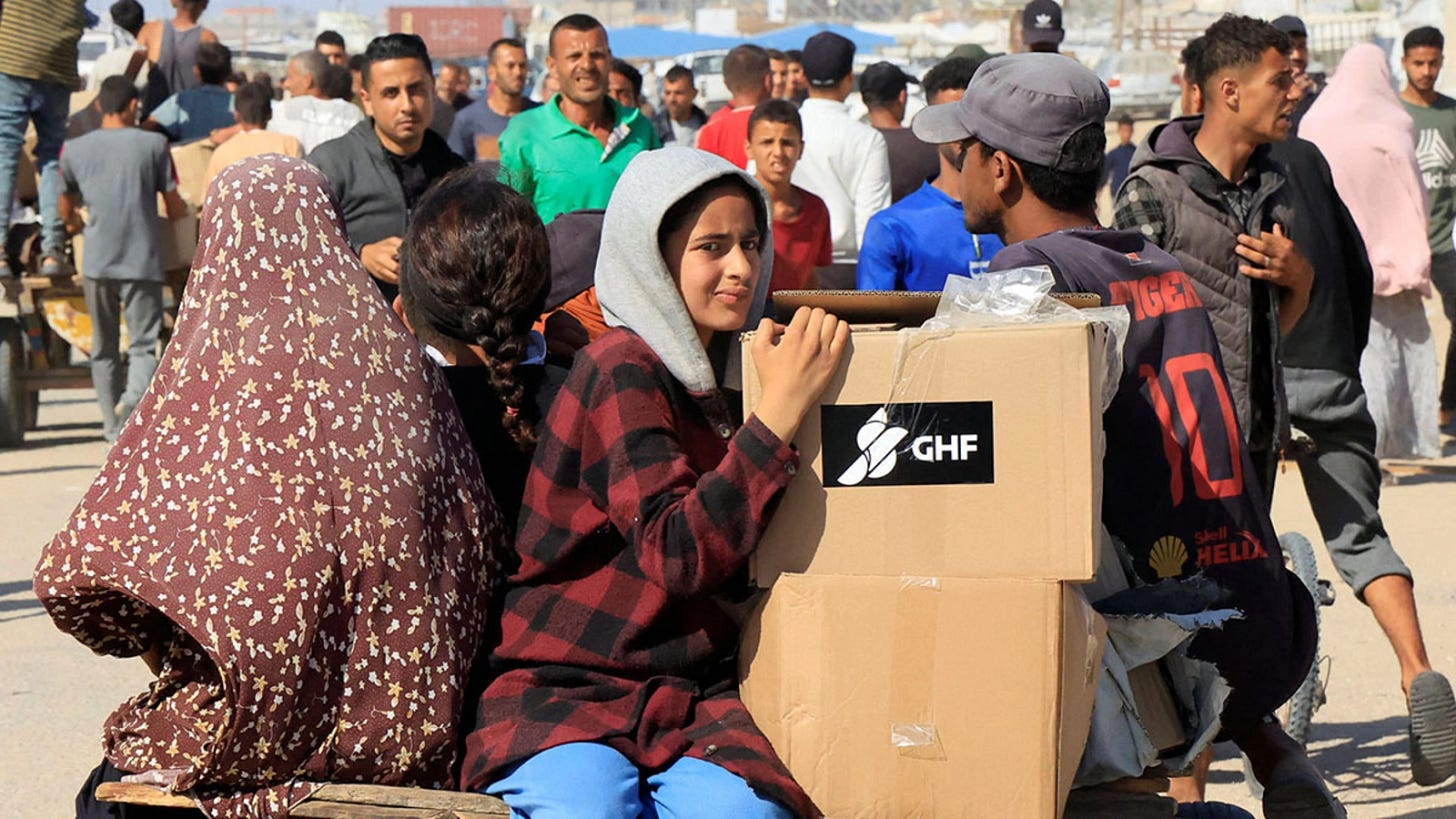What happened? While the June 12 conflict between Israel, Iran and the United States grabbed the world’s attention, the Gaza war raged on. After twenty months of fighting following the October 7, 2023, attacks, Israel now controls 65 percent of the Gaza Strip and is responsible for checking and securing humanitarian aid for the Palestinian population. The IDF has largely achieved its military goals, but the “day after” political situation remains unclear. Hamas, Palestinian Islamic Jihad and other terrorist groups still hold 50 Israeli civilian hostages, out of the original 251 kidnapped, with only 20 believed to be alive. According to Hamas, a total of 57,000 Palestinians have been killed. While Hamas does not report this, 23,000 of those killed are Hamas fighters. Since the start of the war, Israel has maintained a roughly 1:1.5 combatant to civilian casualty rate in Gaza, setting a new standard of humane conduct in modern urban warfare, despite facing an enemy that intentionally places civilians in harm’s way.
In recent days, President Trump has presented a plan for a hostage release and ceasefire deal, to which Israel has agreed and Hamas is reportedly assessing. According to a Saudi news outlet, Hamas appears to be showing flexibility on disarming and ending weapons smuggling, manufacturing and storage, conditions the Israelis require for a permanent ceasefire. Given the unprecedented move by the United States to involve itself directly in the Israel-Iran conflict two weeks ago, followed by Israel’s apparent retreat from a plan to further attack Iran’s nuclear and ballistic missile targets after President Trump’s objection, it is possible that this deal reflects a quid pro quo. Did President Trump agree to intervene directly in the Iran conflict in exchange for an end to the war in Gaza? We don’t know for certain. What is clear, however, is that Prime Minister Netanyahu listens to President Trump in a manner that no Israeli premier, himself included, has ever heeded a U.S. president. According to Michael Oren, former Israeli Ambassador to the U.S., “[Israel’s] fate is in the hands of one person, and it’s not the [Israeli] prime minister.”
Gulf Goals? If this deal succeeds and a ceasefire persists, Israel will have an historic opportunity to lay the groundwork for further normalization with the Arab world. Saudi Arabia has made clear that it will not open diplomatic ties with Israel until, at the very least, the war ends. It is more likely that a normalization deal with the Kingdom will go further, outlining the basis for a lasting solution to the Palestinian question.
The so-called “deal of the century” would require Saudi Crown Prince Mohammed Bin Salman (MBS) to act against the overwhelming will of the Saudi population, a conundrum the UAE did not face to the same degree during the Abraham Accords. The UAE is home to a mostly expat population and has a unique and longstanding focus on counterterrorism for which it sought partnership with Israel. Moreover, unlike Saudi Arabia, the UAE is not home to Islam’s two holiest sites, removing a layer of gravity from a normalization deal.
From the UAE’s perspective, outlined by Abdulkhaleq Abdullah of the UAE University in Al Ain, wider normalization would bring about a more stable Middle East and even an “Axis of Moderation” between Israel and the Gulf monarchies, in contrast to Iran and its proxies’ “Axis of Resistance” that has plagued Israel and the Sunni Arab states for more than a decade. From the Saudi’s perspective, while a Saudi-Israel agreement will not preclude MBS from continuing to warm ties with Iran, it could inadvertently place Saudi Arabia and the GCC more directly in the middle of Israel-Iran hostilities. Alternatively, normalized relations between the Saudis and both sides could fuel a Saudi-led effort to encourage moderation and stability in the region.
Access to Aid? While Israel authorized the resumption of aid into Gaza, the task of feeding two million Gazans is enormous. The Gaza Humanitarian Foundation, a U.S. based organization working in lockstep with the IDF and other trusted partners has managed to deliver more than 60 million meals directly to civilians in roughly five weeks. GHF has received relentless criticism from the international community, including other aid organizations working in Gaza, because of its close coordination with the IDF, in addition to accusations of inaccessibility. In reality, it is the only aid organization that has figured out how to circumvent Hamas, avoid paying its taxes and nearly eliminate Hamas’ looting on its distribution sites and trucks. Nearly all GHF aid has reached Gazan civilians.
Unlike the aid provided by GHF, only 100 out of 1100 World Food Program (WFP) trucks actually reach Gazans, with similar statistics plaguing other international aid organizations. GHF has extended an open hand to the international humanitarian aid community but has faced widespread rejection by these organizations, which refuse to work within the IDF’s parameters. The devastating result is that civilians must pay Hamas steep prices for food and other supplies, while Hamas fighters eat well and often and will try to kill any civilian who comes close to non-GHF humanitarian aid distribution sites. GHF, in contrast, has succeeded in establishing secure humanitarian corridors through which Gazan civilians can reach food and aid directly.
Stay tuned! Developments to watch:
In this together? GHF will likely continue extending an open hand to the international community. Will aid organizations come to the table, or will politics keep them from reaching their shared goals in Gaza?
What is the “day after,” truly? Most Israelis want the war in Gaza to end, but they also will not allow Hamas to resume its reign over Gaza. Can the Palestinian Authority realistically rule Gaza? Will the Arab states really build a governing coalition? Or will Israel be forced to maintain military control?
A Gaza riviera: President Trump has not discounted his plan for a riviera. If he insists, who will build it?
Don’t forget about Iran: Nuclear negotiations continue. Keep watching to see if a new deal -- perhaps one that is stronger than the JCPOA -- can emerge.
Israeli politics: Will the end of the war mean the end of Bibi?






